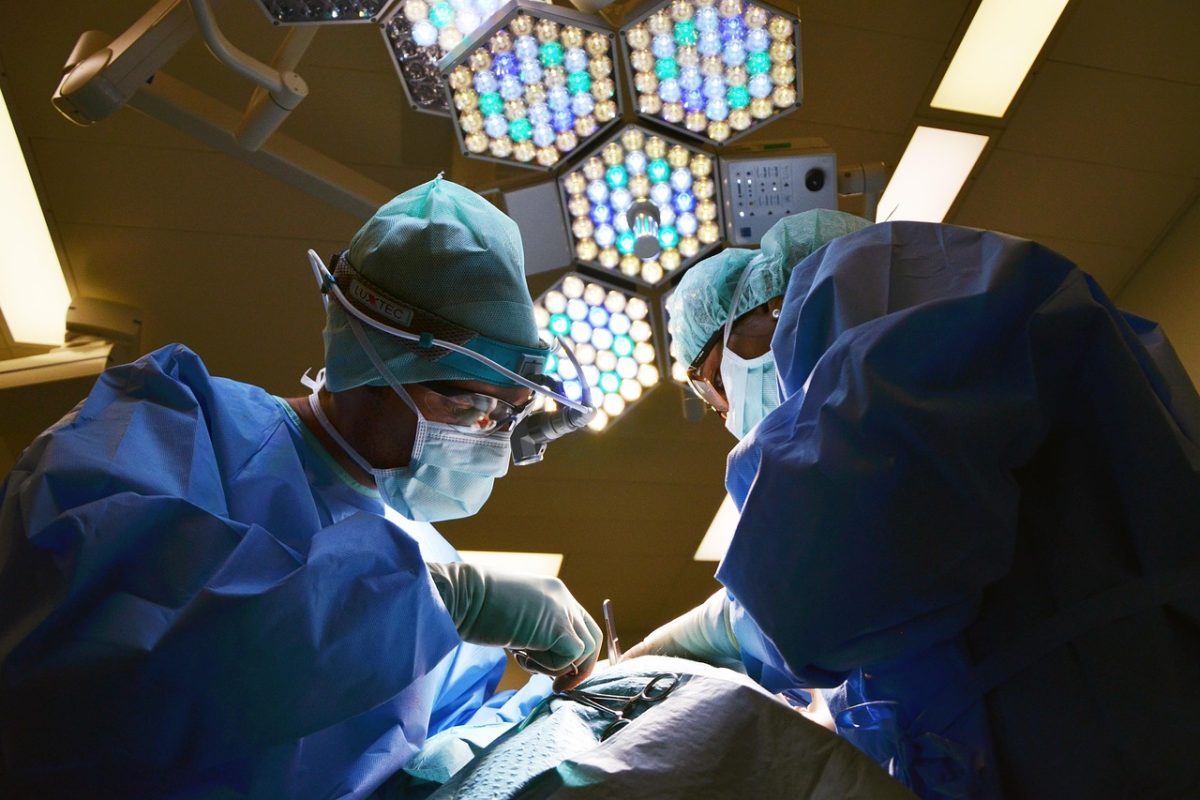Call us : +212 662 432890

Health in Morocco
Health in Morocco is an important consideration for anyone planning to travel to Morocco in this beautiful country. From modern cities to remote desert areas, understanding the healthcare system, access to hospitals in Morocco, and the availability of pharmacies in Morocco can help ensure a safe and enjoyable trip. Tourists should also consider travel insurance in Morocco, vaccinations for Morocco travel, and precautions for altitude sickness, stomach issues, sun protection, and private healthcare to stay healthy throughout their journey. Moroccan traditional medicine is also a notable part of the country’s culture and can complement modern healthcare for minor ailments.
Healthcare System and Health in Morocco
Morocco has made significant improvements in healthcare over the years. Private healthcare in Morocco, especially in major cities like Casablanca, Rabat, Marrakech, and Fes, offers high-quality services, modern equipment, and medical staff experienced in treating foreign visitors. Public hospitals in rural areas may have limited facilities and equipment, making private hospitals the preferred option for tourists.
Private vs Public Healthcare in Morocco: Health Considerations
Private hospitals in Morocco provide faster service, English and French-speaking staff, and are often connected with international insurance providers. Public hospitals are available in smaller towns and rural areas but may not meet the same standards. Travelers to remote regions should plan ahead for emergencies, as adequate care may require traveling significant distances.
Hospitals and Clinics for Health in Morocco
Tourists are advised to rely on private hospitals and clinics in Morocco for serious medical needs. The largest cities, particularly Casablanca and Rabat, host the most reliable facilities, while tourist areas such as Marrakech, Fes, and Essaouira also provide quality medical care. Private hospitals usually accept international insurance and are accustomed to treating foreign patients. Always carry your travel insurance documents and know the nearest hospital or clinic location.
Pharmacies in Morocco and Health Tips
Pharmacies in Morocco are well-distributed in urban areas, with most city pharmacies stocked with prescription and over-the-counter medications. In rural regions, pharmacies may be limited, and certain medications could be hard to find. Always verify the medicine you receive and bring prescriptions for essential medications. Over-the-counter drugs are more easily available than in many Western countries, and pharmacists can advise on minor health issues like stomach problems or allergies.
Travel Insurance and Health in Morocco
travel insurance is essential for visitors to Morocco. Private healthcare is expensive, and public hospitals may not always meet international standards. Insurance coverage can include medical expenses, emergency evacuation, repatriation, lost luggage, delayed flights, and extended stays due to illness. Many Morocco travel insurance plans cover over US$100,000, which is useful for tourists seeking private healthcare. Proof of insurance may also be required for visa applications.
Stomach and Digestive Issues
Spicy Moroccan cuisine can upset sensitive stomachs. Tap water is usually safe in cities but should be avoided in rural areas. Wash vegetables thoroughly or eat them cooked. Travelers may experience diarrhea, vomiting, or mild fever, often treatable with over-the-counter medications.
Sun and Heat Protection
High temperatures in summer and southern Morocco can lead to heatstroke and dehydration. Drink water regularly, wear sunscreen, hats, and light clothing, and avoid the sun during peak hours. In high-altitude areas like the Atlas Mountains, sun exposure is more intense, so extra precautions are necessary.
Altitude Sickness in Morocco
Traveling to high-altitude areas such as the Atlas Mountains can cause altitude sickness, particularly above 2,000 meters. Symptoms include headaches, dizziness, fatigue, nausea, and shortness of breath. Gradual acclimatization, rest, and hydration help prevent altitude sickness for hikers and climbers.
Animal Bites and Insect Stings
In rural, desert, or forested areas, travelers may encounter mosquitoes, sand flies, bees, scorpions, or venomous snakes. Sand fly bites may rarely transmit leishmaniasis. Use insect repellent, wear protective clothing, and seek medical attention if bitten by a venomous animal.
Vaccinations for Morocco Travel
No vaccines are mandatory to enter Morocco, but several are recommended. Routine vaccines include chickenpox, measles, mumps, rubella, polio, influenza, and Covid-19. Travel-specific vaccines include hepatitis A and B, rabies, and typhoid. Travelers visiting rural or adventurous areas should consult a doctor or travel clinic before departure.
Road Safety and Injury Prevention
Traffic accidents are a common cause of injuries for tourists. Drive carefully, obey local traffic rules, avoid night driving in rural areas, and be cautious of motorcycles, pedestrians, and livestock. Hiring a professional driver or using public transportation can help ensure a safe journey.
Moroccan Traditional Medicine
Morocco has a rich history of traditional medicine. Herbal remedies, argan oil treatments, and natural therapies are popular for minor ailments. While many remedies are safe, travelers should consult medical professionals for serious conditions. Combining traditional medicine with modern healthcare can support overall health during a trip.
Staying Healthy in Morocco
To stay healthy in Morocco, use private hospitals for serious medical issues, keep travel insurance handy, drink safe water, and eat properly cooked food. Protect yourself from the sun, heat, and high altitudes, and take precautions against insects and animals. Stay up to date with recommended vaccinations and enjoy your trip with confidence and peace of mind.
Conclusion
Maintaining health in Morocco is essential for a safe and enjoyable trip. Knowing where to find reliable hospitals in Morocco, well-stocked pharmacies in Morocco, and having travel insurance in Morocco ensures that medical needs are covered. Staying up to date on vaccinations for Morocco travel and taking precautions against stomach issues, sun exposure, altitude sickness in Morocco, and insect bites can prevent common health problems.
For minor ailments, Moroccan traditional medicine can complement modern care, while private healthcare in Morocco provides reliable treatment for more serious concerns. By following these tips, travelers can stay healthy, confident, and fully enjoy Morocco cities, mountains, and deserts.
